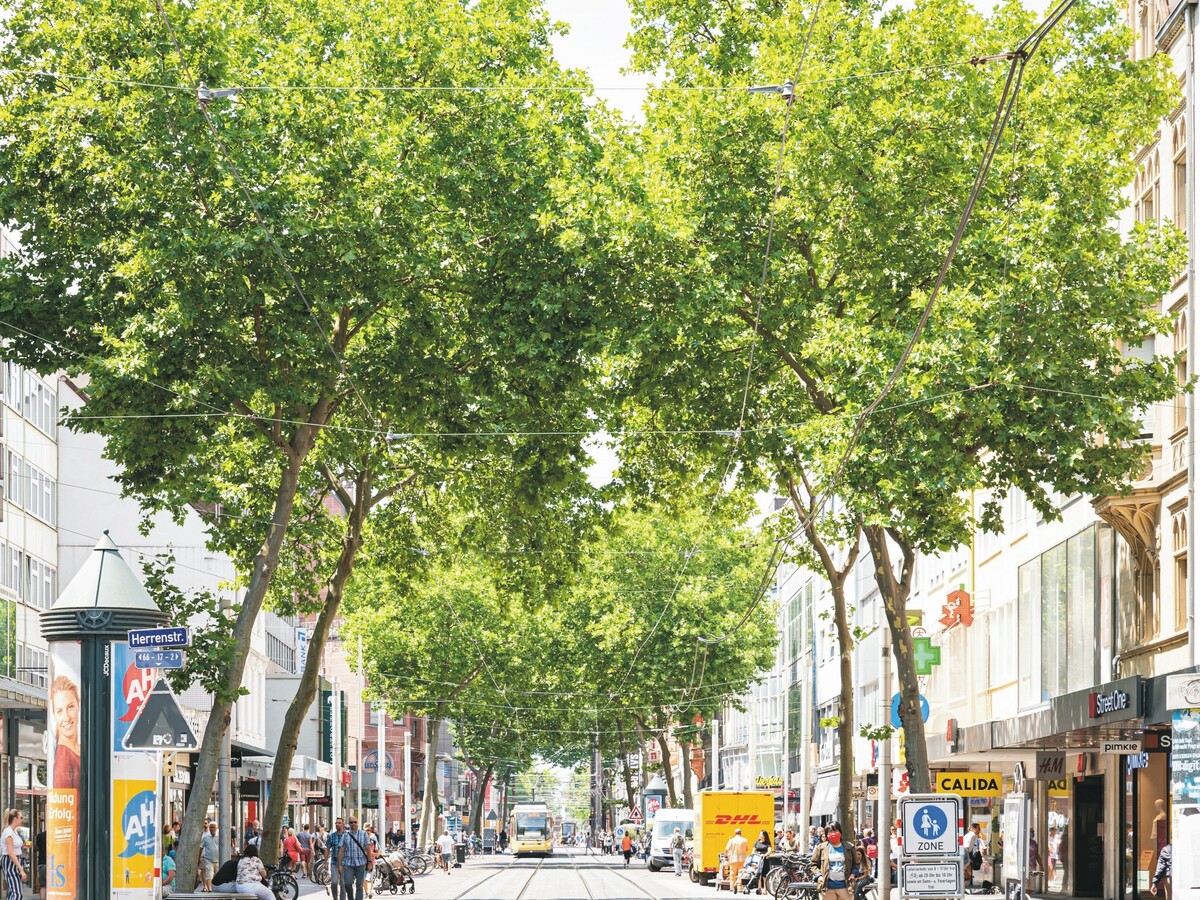KARLA: Real-world Lab for Sustainable Climate Protection
„With KARLA, we want to promote sustainable climate protection in Karlsruhe as a model and contribute to lasting and profound change,“ emphasizes project manager Oliver Parodi. „In the real-world lab, we examine, evaluate, and support planned climate protection measures in Karlsruhe, taking particular account of their sustainability aspects.“ The starting point of the real-world lab is the „Karlsruhe Climate Protection Concept 2030,” which was adopted by the municipal council in April 2020. It provides the framework for climate protection measures in the coming years.
Transformation experiments for climate protection
KARLA also focuses on concrete, multi-year transformation experiments to implement selected activities. Together with the city of Karlsruhe, citizens, and other partners from science, civil society, culture, and associations, ITAS has selected four subjects of transformation experiments: climate-friendly business travel, sustainable climate protection in the construction sector, specialists for climate protection, and climate-friendly canteens. In the experiments, the participants will concretize and test climate protection measures and processes.
Karlsruhe as a real-world lab
The real-world lab is set up in the city of Karlsruhe and at selected locations of the Karlsruhe Institute of Technology (KIT). KARLA builds directly on the existing real-world lab District Future – Urban Lab and the Urban Transition Lab 131 and uses existing transdisciplinary infrastructures, competencies, and networks.
The Ministry of Science, Research and the Arts Baden-Württemberg (MWK) is funding the project with 1.1 million euros. (03.03.2021)
Further links and information:


